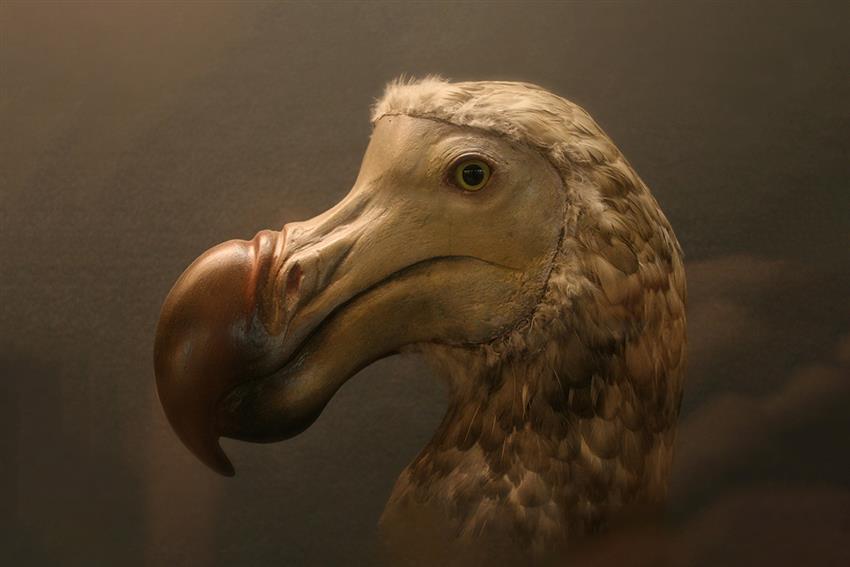
Next time your mobile phone takes a photo of the now ubiquitous QR check in image, think of this. In 1888, the Kodak camera was first sold in the USA with the motto “You press the button, we do the rest”. People did ‘press the button’ and return the cheap camera box to Kodak for processing — at additional cost. Kodak later sold their ‘Box Brownie’ camera for $1 by supplying film at a cost that included processing as well as some of the manufacturing costs of the camera, creating a profitable ecosystem. Kodachrome’ colour film was first sold in 1935, the ‘Instamatic’ camera was first sold in 1963 and the first photo of the earth from the moon in 1966 was taken on Kodak film.
A Kodak engineer created the first digital camera in 1975. Admittedly, the image sensor was 0.1 megapixels and it took 23 seconds to capture a single black and while image on a cassette tape, but it was a start. Kodak invented the colour image sensor not long after and in 1991 developed the
first digital SLR camera.
Kodak, over the entirety of its operations, made most of its money from film rolls and felt that it needed to continue and preserve the sales of its film rolls. So even when digital cameras — that Kodak helped invent — gained popularity, Kodak was still focussing on promoting its analogue products such as film rolls.
While Kodak had a great run so far, things started going downhill during the 2000s. In 2004, Kodak saw its profits dip even though its sales were at an all-time high. By the time Kodak started focusing on digital products — which it did by releasing a slew of digital cameras and printers print the images taken from the digital cameras — it was already too late to capture users who had moved on to other brands.
In 2012, Kodak filed for bankruptcy and while the company survived, it is no longer the ‘go to’ company for general photographic equipment or products.
Recently a study from University College London determined that 95% of the currently known reserves of coal in Australia must stay in the ground to ensure there is a ghost of a chance of the planet’s warming being limited to 1.5 degrees. On top of that, we need to keep a significant quantity of gas and oil reserves where
they are. Of course, the usual suspects rallied around the ‘climate change is crap’ flag, vowing and declaring that the Australian economy is reliant on coal and gas exports so we can maintain our current lifestyle, and it will always be so.
From the nation’s reliance on coal fired power to Prime Minster Morrison claiming that any transition to less climate intensive energy production will reduce jobs, effectively the strategy seems to be to dig up as much as possible and either use it or flog it off overseas while the world will still buy it.
Sounds like Kodak’s business plan, doesn’t it? The Coalition Government’s assumption seems to be if Australia is the only stable and developed country in the world with coal for sale in the future, we’ll make a killing. Instead of riding on the sheep’s back, we’ll be theoretically driving those enormous dump trucks that take the coal from the mine to the processing area, paying minimal tax and living high on the (state sponsored) hog.
However,
Earlier this year a report revealed Australia is the only OECD country to propose new coal mines on a scale so large that it will effectively double our emissions output.
Global Energy Monitor’s report found if the coal mines are built, it will be more than four times the compliant pathway needed to reach the Paris climate agreement.
The coal exporting monopoly will probably never happen. Any basic marketing or economics course will tell you that if the supply of a commodity is reduced, the price of that commodity will increase. As the cost of a product increases, alternatives are found. Morrison’s claim of a technology-based solution to Australia’s emission problems may come true — but it could also be a technological solution that means Australian coal exports are nowhere near as attractive to others as they are at the moment. Australia wouldn’t be the first to assume that the world will beat a path to its door to purchase a commodity that no one else can supply and find the reality is somewhat different.
Kodak demonstrates that not adapting to your market has consequences. Australia does have options other than digging up as much coal and gas as possible and selling it as fast as we can. Not exploring and developing alternative options is in essence a failure to future-proof our economy and dereliction of our political leaders’ duty. We don’t have a good history on innovation, as this ABC report on Australia’s participation in the solar panel manufacturing
industry discusses.
As recently discussed in
The Conversation, Australia can choose to capitalise on our natural advantages of plenty of land and sunshine which could generate and export
renewable power and
hydrogen as well as develop industries such as ‘
green steel’. We even have the iron ore!
Flogging off what we have flogged off for decades and pretending there is no alternative isn’t a clever or sustainable long-term business practice. Adaption means that we take risks, but it is better than bankruptcy. Just ask Kodak.
What do you think?
Current rating: 5 / 5 | Rated 31 times